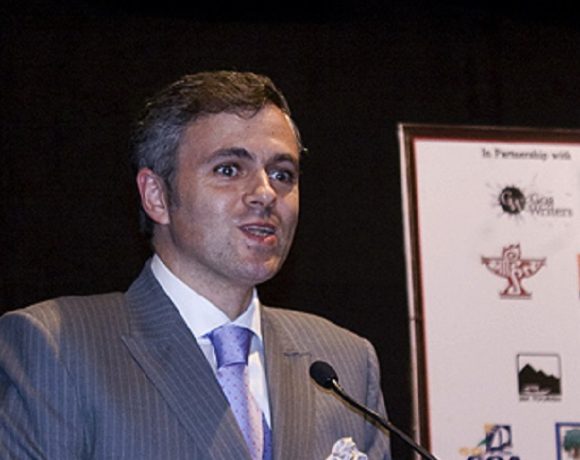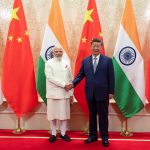
India to Discuss AI Chip Export Concerns with US
India is preparing to engage with the Trump administration regarding its concerns over recent US restrictions on the export of artificial intelligence (AI) chips. The restrictions, aimed at safeguarding national security and preventing advanced technology misuse, have sparked discussions worldwide, particularly among nations with significant stakes in technology development.
Concerns Over AI Chip Curbs
The US decision to impose stricter controls on the export of AI chips and related technologies has raised concerns in India about the potential impact on its burgeoning tech industry. “India’s rapidly growing artificial intelligence sector relies on international collaboration and access to cutting-edge technologies,” making these restrictions a matter of strategic importance.
Officials in India are reportedly preparing a formal communication to highlight how these restrictions could hinder AI research, innovation, and collaboration between Indian and US companies. The focus will be on finding a balanced approach that addresses security concerns while fostering innovation and growth in AI technologies.
Strengthening US-India Tech Partnership
India and the US have long-standing ties in technology and innovation, with both nations benefiting from mutual collaboration. Discussions are likely to emphasize the importance of maintaining this partnership, especially in fields like AI, where cooperation has yielded significant advancements.
The move to raise these concerns also aligns with India’s vision of becoming a global hub for AI development. Ensuring access to the latest technologies and fostering collaboration with US firms remains a priority for India’s policymakers and tech leaders.
Global Implications
The US restrictions have not only impacted India but have also prompted responses from several other nations. As AI becomes an integral part of modern economies, the balance between security and innovation is a pressing issue on the global stage.
India’s efforts to address these concerns with the US highlight its proactive approach in navigating global tech policies while safeguarding its interests. A successful dialogue could pave the way for collaborative frameworks, ensuring that both nations continue to benefit from advancements in artificial intelligence.
This engagement could serve as a model for addressing similar concerns globally, reinforcing the significance of partnerships in the evolving tech landscape.


















